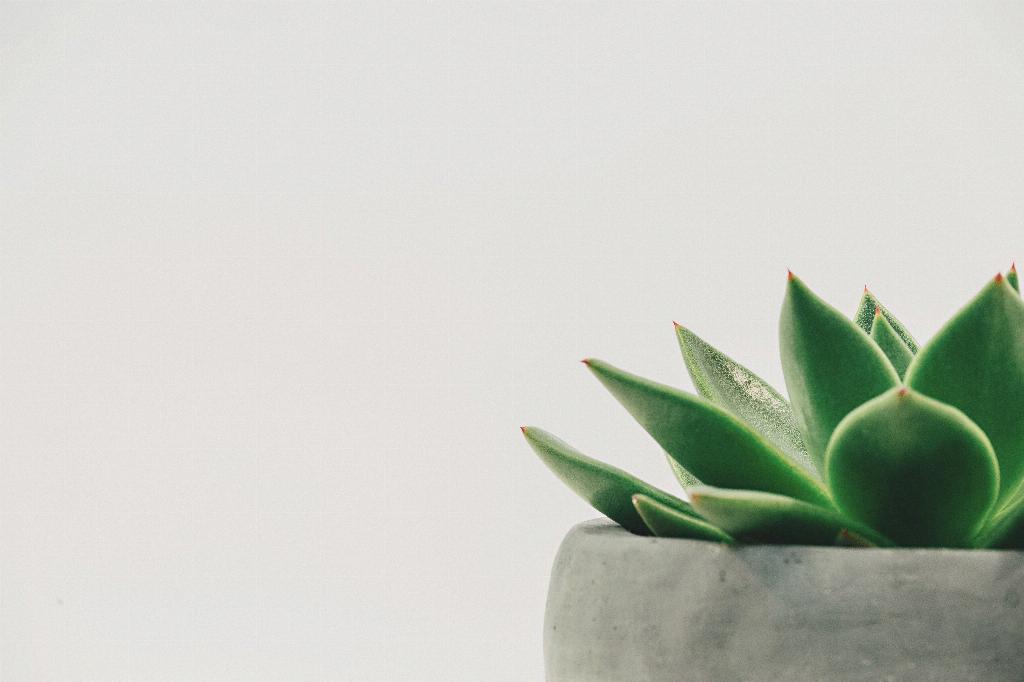When it comes to the topic of feeding bearded dragons, it’s important to carefully consider their dietary needs and preferences to ensure their health and well-being. One common question that arises is whether bearded dragons can consume succulents, such as the popular Graptopetalum paraguayense, also known as the “Ghost plant”.
Bearded dragons are omnivores, meaning they eat both plant matter and animal protein. While they primarily thrive on a diet of insects and leafy greens, they can occasionally enjoy a variety of fruits and vegetables. However, when it comes to succulents like the Ghost plant, it’s essential to exercise caution.
The good news is that most succulents, including the Ghost plant, are generally considered safe for bearded dragons to consume. These plants are not known to be toxic to pets, which brings a sense of relief to many pet owners. As such, offering succulents to your bearded dragon in moderation may not pose a significant risk.
That said, while succulents may be safe for bearded dragons to eat, it’s crucial to remember that their primary diet should consist of insects, leafy greens, and the occasional fruits and vegetables. Succulents should not be a staple part of their diet but can be offered as an occasional treat.
When introducing succulents or any new food to your bearded dragon, it’s essential to monitor their response and digestion closely. Some bearded dragons may have sensitivities or allergies to certain plants, so observing any changes in behavior or digestive issues is vital.
It’s also important to note that not all succulents are created equal. While many varieties are safe for bearded dragons, some succulents may be harmful or toxic to them. Therefore, before offering any new plant to your bearded dragon, it’s crucial to research and ensure its safety.
Offering a diverse diet to your bearded dragon is key to providing them with essential nutrients and preventing boredom. In addition to insects and leafy greens, incorporating a variety of safe fruits, vegetables, and the occasional succulent can help keep your pet healthy and happy.
Remember to wash any plants thoroughly before offering them to your bearded dragon to remove any pesticides or harmful substances. Providing fresh, organic produce is always the best practice when it comes to feeding your reptile companion.
Overall, while succulents like the Ghost plant are generally safe for bearded dragons to consume, they should be offered in moderation and as part of a varied diet. Always prioritize the staples of insects and leafy greens, and consult with a veterinarian or reptile specialist if you have any concerns about your pet’s diet.
By understanding your bearded dragon’s dietary needs and being mindful of the foods you offer, you can ensure that your pet remains healthy, happy, and thriving for years to come.

